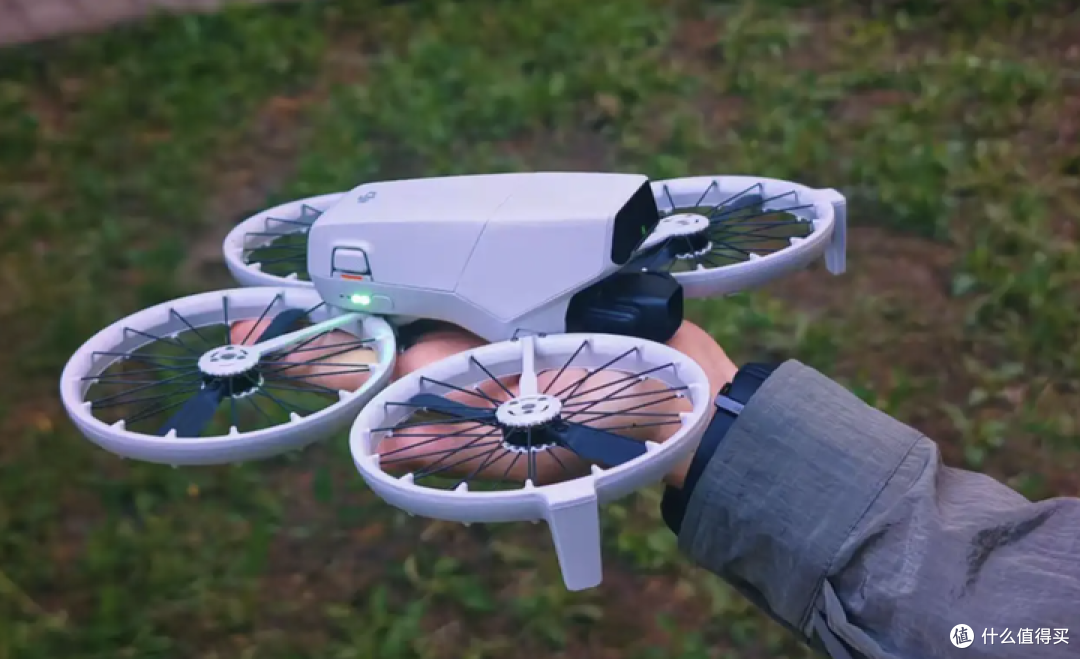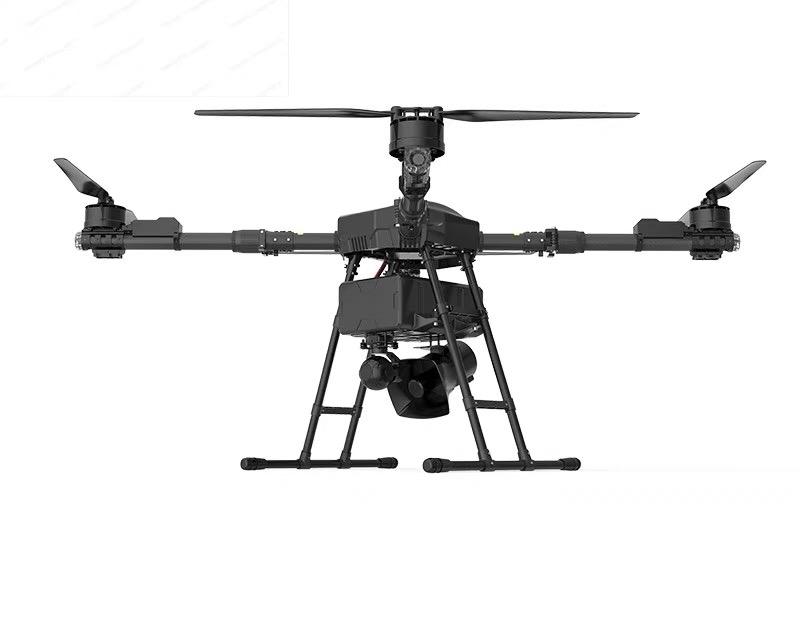Drone Licence Basics
The necessity of having a drone licence often depends on the drone’s weight and intended use. In general, smaller drones used for recreational purposes might not require a licence, while larger drones or those used for commercial activities typically do. For instance, in the United States, the Federal Aviation Administration (FAA) mandates that pilots of drones weighing more than 0.55 pounds and utilized for commercial purposes obtain a Remote Pilot Certificate. Meanwhile, recreational flyers must adhere to safety guidelines and may register their drones, although a formal licence isn’t always required.
Where Are Licences Required?
Each country has its own regulations concerning drone operations, so it’s vital to confirm the specific rules in your locality. In Canada, drone operators must pass an exam to fly drones weighing more than 250 grams. Similarly, the United Kingdom has distinct licences based on weight and usage, with commercial pilots needing more comprehensive certification.
Considerations for Hobbyists
Even if not mandated, gaining a basic knowledge of drone safety and flight regulations is advisable for hobbyists. This not only ensures compliance with regional laws but also assures the safety of the drone and its surroundings. For those pursuing drone flying purely as a pastime, it’s recommended to check local communities and clubs as they may have additional guidelines or offer training sessions.
- Commercial vs. Recreational Use
- Weight and Size of the Drone
When it comes to commercial drone use, obtaining the appropriate licence is almost universally required. Application processes typically involve passing an exam that tests knowledge of airspace regulations, weather, drone maintenance, and safety protocols. Licensing ensures that pilots understand how to operate safely, minimizing risks.
Potential Consequences
Flying a drone without a required licence can lead to various penalties, including fines or legal action. Violators risk confiscation of the drone, fines, and possibly legal repercussions that can affect future flying opportunities. It’s not merely a legal concern but also a personal responsibility to ensure safety and respect for privacy. Adequate training and licensing contribute to broader societal trust in drones as safe and beneficial technologies.
FAQ: How can I get a drone licence?
To get a drone licence, prospective pilots must usually complete a training course and pass a test administered by relevant authorities, such as the FAA in the United States or the Civil Aviation Authority in the UK. The exact requirements vary, so check the specifics based on your location.
FAQ: What is the penalty for flying a drone without a licence?
Penalties can range from fines to restrictions on future drone operations. Depending on the severity of the infraction and local laws, consequences can vary substantially.
FAQ: Are there any areas where drones are restricted?
Yes, many regions impose restrictions on flying drones in certain areas such as airports, military bases, or national parks. Always check local regulations before flying to avoid infractions.
